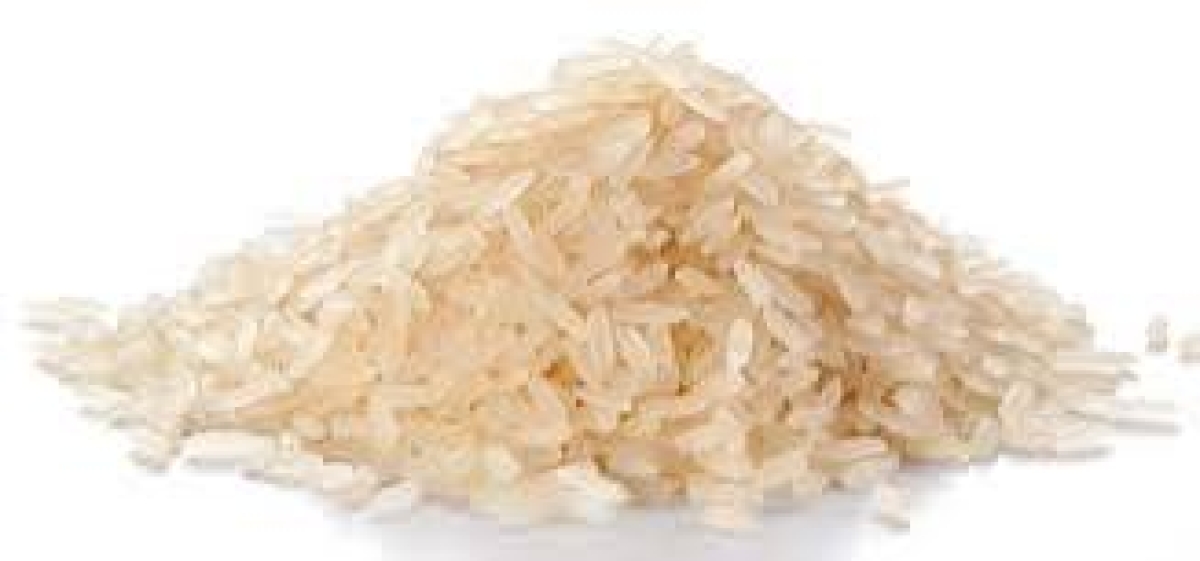During a recent parliamentary committee session, concerns over transparency and fairness in the supply chain surfaced as it was revealed that potatoes, onions, and green beans, originally imported, were sold to the public at a profit.
This disclosure has sparked debates regarding market ethics and consumer welfare.Meanwhile, the Keeri Samba rice market faces an unusual challenge with a noticeable scarcity.
To tackle this issue, a proposed solution suggests temporarily reducing import taxes and releasing a specific quantity of rice equivalent to Keeri Samba from the port.
Despite a recent price control initiative enacted for local rice, discrepancies between stipulated and actual market prices persist. The maximum price limits per kilogram were set for various rice varieties, yet Keeri Samba remains scarce at the designated price, raising concerns over fair market practices.
Stakeholders within the rice industry offer divergent views on the root causes of supply-demand imbalances. Lankeshwara Mithrapala, Managing Director of New Rathna Rice (pvt) Ltd, attributes the high prices to paddy shortages, urging prompt intervention.
Conversely, Prasad Hemantha, Chairman of the Pulathisi Rice Producers Union, cites operational challenges faced by small and medium producers.In response, the Consumer Affairs Authority proposes measures to mitigate price fluctuations, emphasizing prudent purchasing practices and market stability.
Additionally, a temporary reduction in the import levy on rice aims to alleviate supply shortages, albeit with suspicions of undisclosed agreements behind the tax adjustment.










